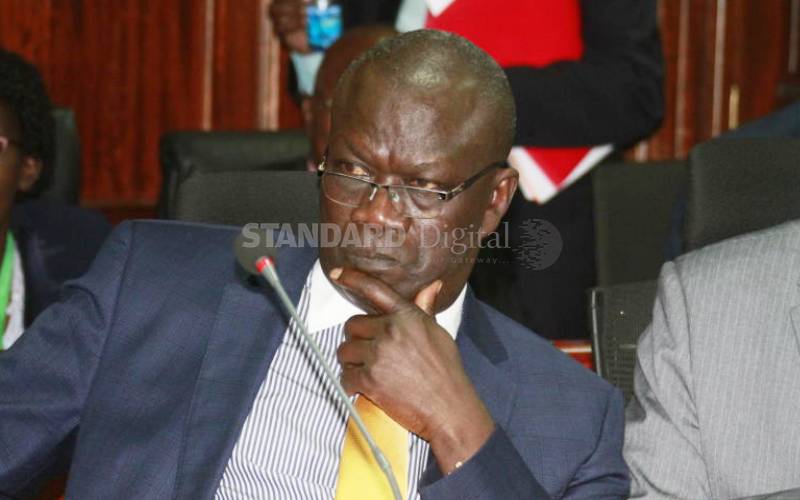×
The Standard e-Paper
Stay Informed, Even Offline

Siaya Governor Cornel Rasanga, one of the governors who ordered that burials should take the shortest time possible. [Standard]
Burial ceremonies in Nyanza are known to be colourful. People in the region highly value burial rites and every time death knocks on a family’s door, people spend several days condoling with its members while helping them make burial arrangements.